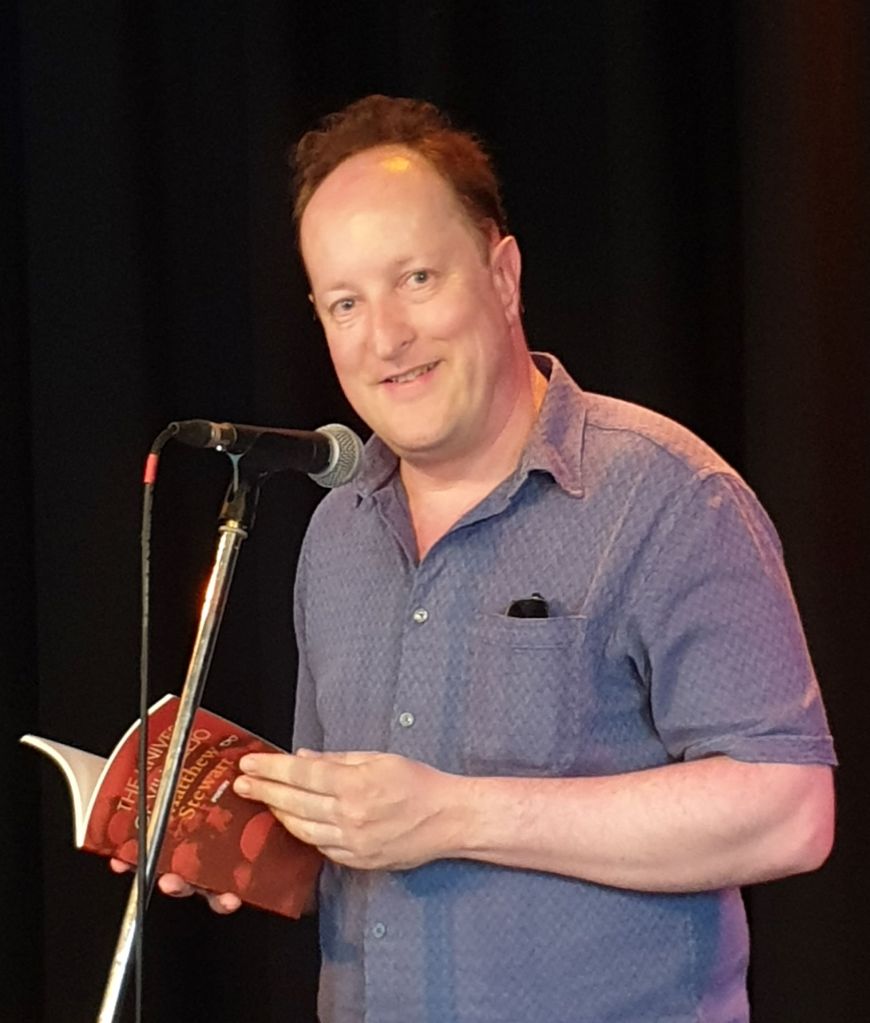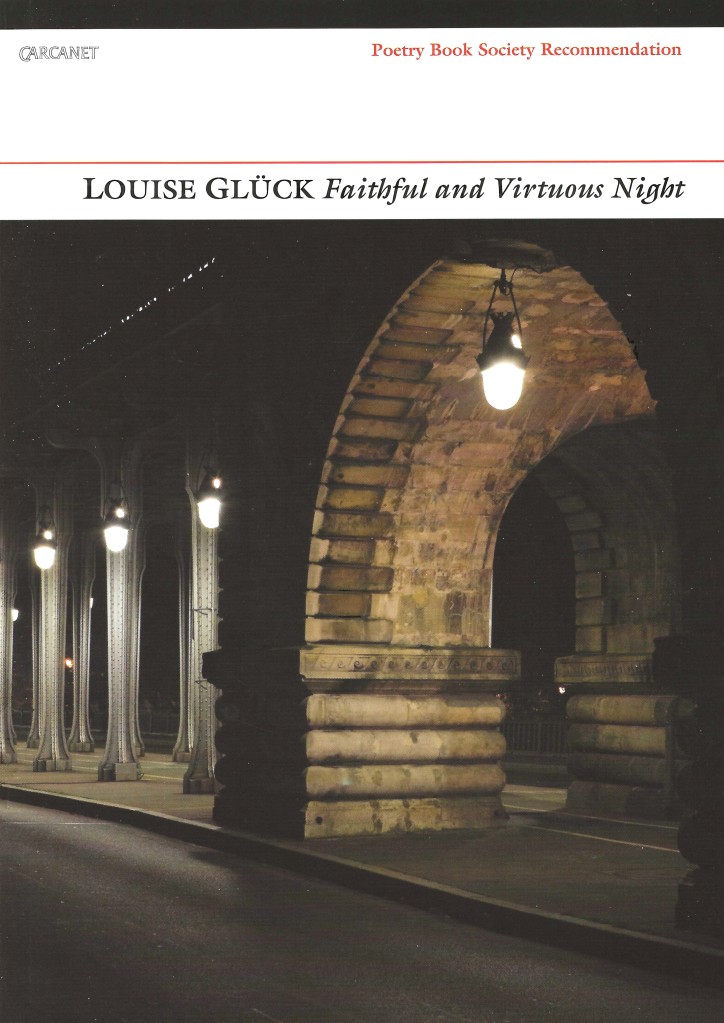
It’s a great pleasure to introduce our April guest poet Doreen Gurrey. We met on a writing workshop some years ago and belong to a group that meets regularly online. You can find Doreen’s biography at the end of the post. I have chosen three poems from her new pamphlet A Coalition of Cheetahs, just out with smith/doorstop. It was a winner of the 2023 Poetry Business International Book & Pamphlet Prize.
Zoo
From the lit hall, I slide back the hardboard panel
to find you under the stairs, crouched like an Indian street seller
in front of the toy animals you’ve fumbled into a ring.
Hands and knees on chipped linoleum, I crawl in,
smell the turps and boot polish, the must of apples
separated until next year.
You’re listening to the slow clicks of the electric meter,
your heart monitor, sharing the sound with the broom
which shoulders the corner like your guardian angel.
I haul you out, pick up the polar bear, giraffe,
the big elephant and the little elephant, then soothe
the smouldering print, reddening on your thigh.
Yarn
I was learning to knit when you left me,
decoding the language; stocking stitch, moss,
knit2tog., twist; the wool a filigree
snaking through my fingers across
the floor. The note was cold: In Italy –
don’t write or ring. Needles knit up my loss,
a pink anaconda down to my knees.
I learned to pick up stitches I’d dropped,
then all my friends said pink suited me,
asked would I carry on or had I stopped?
I said I’d started another in green,
that casting off was easier than casting on.
Guest
You came with all you needed,
your car a metal suitcase,
the boot full of booze
the back seat housing a portable grill.
Temporary you said, but I forgot
how little you need to live.
You kept mostly to the garage,
the beer stacked next to the tool box,
the radio tuned in to the French news;
you smoked your roll ups and grilled
your côtes de porc.
My washing took on a Gallic smell.
Now you’re gone, I’ve got the garage back,
but sometimes mistake
the growl of the tumble drier
for your phlegmy cough,
the washing machine’s whine
for your whistling.
Biography
Doreen Gurrey trained as an English and drama teacher and for several years ran her own Youth Theatre Company. She went on to become an Adult Literacy Tutor writing and delivering Family Learning courses for the local council. Latterly she has worked as a Creative Writing tutor at York University. Her work has appeared in Poetry Salzburg Review, The North and The Yorkshire Anthology. She has won prizes in The McClellan, Bridport and Troubadour poetry competitions. Doreen lives in York and has five grown up children.















